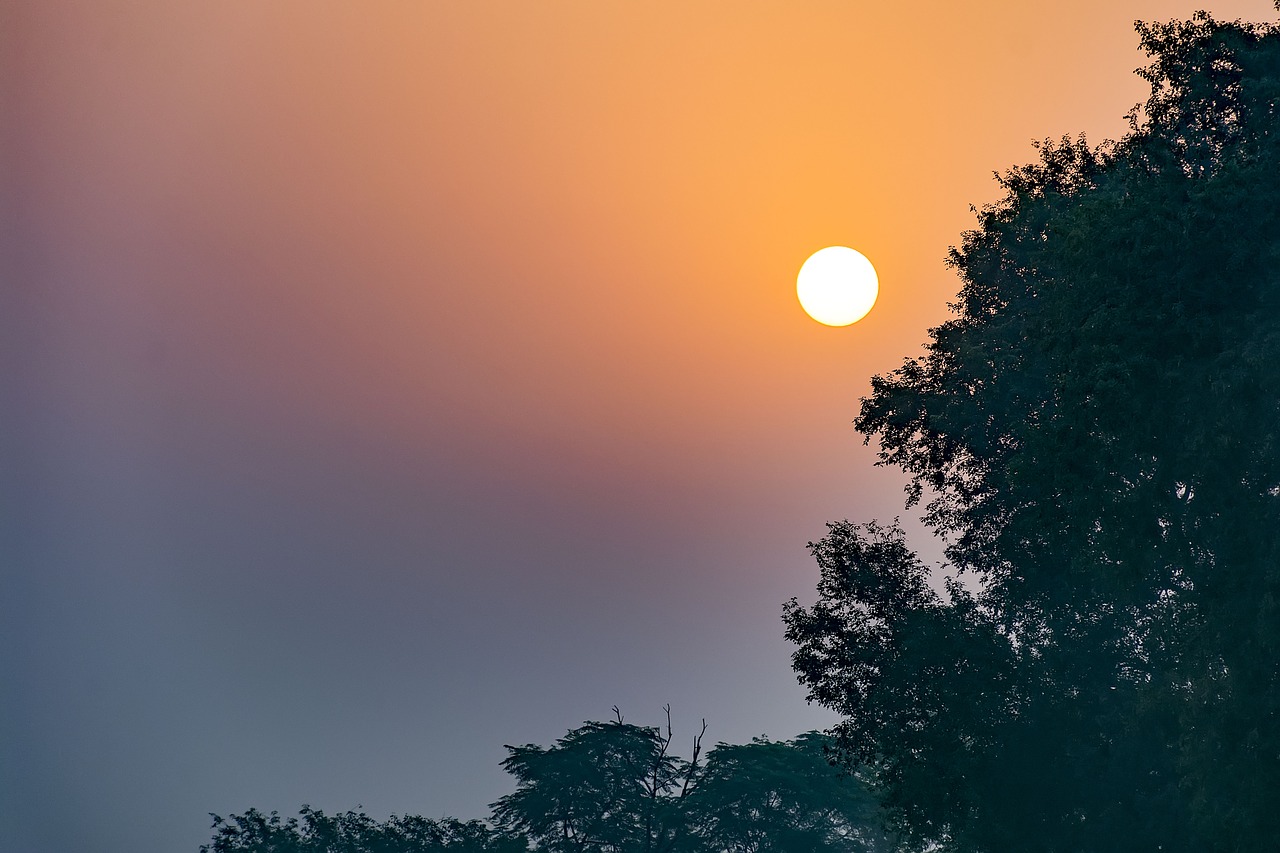
Daska (Urdu: ڈسکہ), is a city in the Punjab province of Pakistan. The city is the capital of Daska Tehsil one of four tehsils of Sialkot District. It is the 50th largest city in Pakistan by the population.
Daska was founded during the reign of Shah Jahan and was initially named Shah Jahanabad, according to Mughal revenue records. It was later renamed Daska as it is das (“ten”) kos (Mughal unit of distance) from Sialkot, Pasrur, Gujranwala, and Wazirabad. During the Afghan Durrani invasion of the 18th century, Daska was ruined and its inhabitants forced to seek shelter in the nearby mud fort of Kot Daska. Daska was later repopulated during the Sikh era. Daska was captured by Ranjit Singh in 1802 and made part of the Sikh Empire.
In 1929, Daska was the site of Hindu-Sikh riots when Akali Sikhs attempted to seize control of Gurdwara Sant Wayaram Singh that the local Hindu community claimed was built to be a Dharamsala. In August 1947, 5,000 refugees from surrounding areas gathered at Daska Camp for 2 weeks before being escorted to the Indian border by the Pakistani Military. Daska is famous across all Pakistan for the manufacturing of agriculture instruments. It was once the biggest tehsil of Pakistan with almost 400 villages were part of it. Being surrounded by big industrial cities such as Gujranwala and Sialkot, Daska has a very healthy employment rate and business opportunities are there to avail. The urban area of Daska is no more than 3 km in length but still, it manages to hold the title of an industrial city which contributes a lot in the national economy. Mughal, Kashmiri, Rajpoot, Arain, and Malik tribes are prominent in the urban area and several Jatt tribes are in majority in rural areas. A central canal BRB flows through its center which makes the surrounded area fertile and rich for crops. Since the early 1990s, Syed Iftakhar-Ul-Hassan had been the political face of Daska who remained a member of the provincial and national assembly several times.